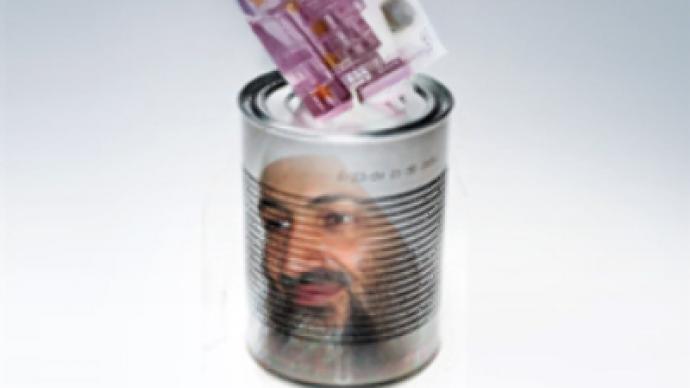Millions of “Bin Ladens” stashed under Spanish floorboards

The Spanish government is looking to recover millions of 500 euro notes being horded by the public as it attempts to steer a path through the economic crisis.
The notes – nicknamed ‘Bin Ladens’ because they are so rarely seen – are believed to have been stashed away in cupboards and under floorboards in the homes of millions of people throughout the country.
The government believes it can help salvage the current banking crisis by encouraging Spaniards to take the notes to the bank and push liquidity into the economy.
But most of the ‘Bin Ladens’ have been squirreled away in real estate deals, in which handing over ‘black money’ is rife.
The price of properties in Spain are regularly reported at a much lower value to the tax authorities, with large amounts of cash being handed under the table. It’s caused Spain to have one of the biggest black economies in Europe.
A no-questions-asked fiscal amnesty was one method proposed for getting the notes back into the system, but was ruled out by the finance minister Pedro Solbes.
But critics of the plan feel that trying to persuade people to surrender their stash of 500 euro notes is an improbable means of saving Spain from the clutches of a recession, and believe the government will probably need to re-think its strategy.
Gabrielle Pickard for RT













